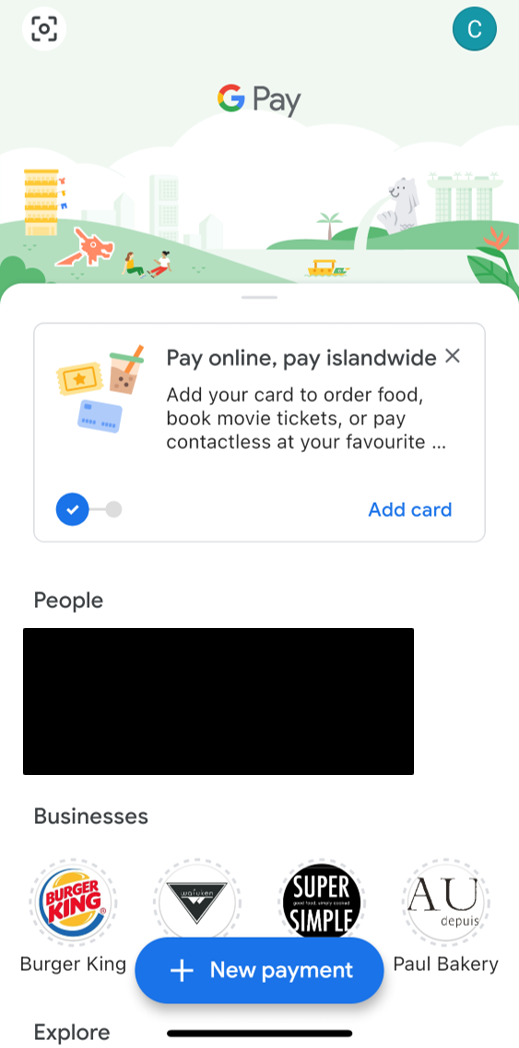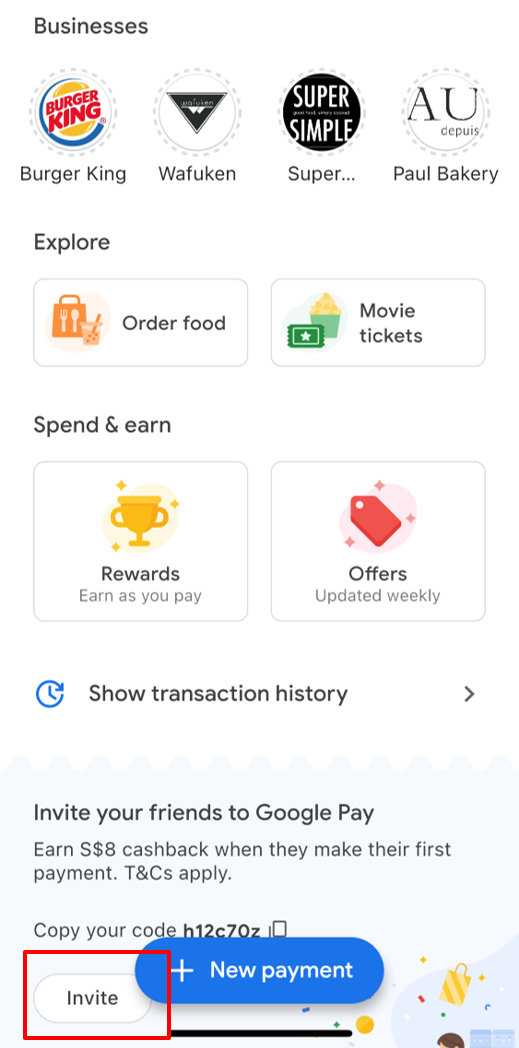
This is part 2 of "Dumb Sh!t My Property Agent Said", where I list down the dumb stuff my property agent said to my family.
If you missed the first part, please click on the link below to read about it.
Dumb Sh!t My Property Agent Said - Part 1
Quick Recap
My family recently went shopping for a new house.
After we visited one of the homes, we had a conversation with the seller-side property agent.
The agent was explaining how to earn money in Singapore's property market.
Needless to say, I thought half of what the agent said was completely crazy or stupid.
To quote Uncle Roger, "Different people have different opinions, just some people are wrong".
Dumb Thing the Agent Said
"99-years properties has risen much more than 999-years and freehold property over the last decade. The trend is there. So I tell my buyers that buying 99-years property can give better returns than 999-years or freehold properties if done right"
Not the agent's exact words, but that's the gist of it.
Recommended Read: Cannot Withdraw CPF Money If Never Hit CPF Retirement Sum?
My Inner Thoughts
The salvage point of the whole statement the Agent gave, was that ending of "if done right".
Otherwise, the whole statement is just a logical fallacy.
"99-year properties have risen more in value (or price) than 999-years or freehold properties over the last decade."
This statement is true - refer to 99.co research.
But it is a bad idea to presume what happened in the past will continue forward, especially for the following reasons.
A: the Government announced in 2017 that all 99-years properties will be worth $0 at the end of its lease.
Would you still push prices up knowing that it'll be worthless after 99 years?
B: assuming that 99-years higher growth rates will continue indefinitely into the future.
The price will probably peak at where the price matches those of freehold status.
People are not that dumb to spend equal or more money to buy a 99-years property when that same amount can be used to buy a freehold.
So that growth rate will reach a cap and eventually the 99-years will grow at the same rate as the freehold.
Personal TakePersonally, I'm not a huge fan of property investments because of several reasons.
1. Govt always has a stake in ensuring property prices/rentals are not too high.
If prices are too high, people will complain, and Govt will lose votes.
Which is why we have tools like ABSD, etc.
All these policies are putting a cap on my returns.
2. Too many fees involved.
Commissions to agents for buying/selling/renting.
Then there's maintenance, conservancy, property tax, etc.
With stocks, I pay no capital gains tax, no dividend tax, & I don't even need to manage anything.
Of course, this is just my point of view.
You can have your point of view on why properties are such great investment.
ConclusionA great property agent is not a great financial or investment adviser.
If the Agent can get your house sold easily, GREAT!
But financial or investment advice from them, take it with a pinch of salt.
There are more to come as a slowly breakdown crazy stuff the property agent said.
Subscribe to us so you will be notified once we published it 😉.
Recommended Read: Complicated Steps To Pay $10 DBS Stock Brokerage Commission
Promos & ReferralsWe are starting to build a list of Promos and Referrals for our readers.Click here to view the full list of Promos and Referrals we have.
Hey You!If you have a money related story about you or your relatives' that you want to share, let us know in the comments below or email us at investmentstab@gmail.com.Alternative, you could fill in the form below for us to contact you.Story Form
Dear Reader!As we progress towards the next phase of our journey, we would like to find out what would make you like us even more.We hope you could help us fill in a short survey of 8 questions (4 of them are MCQs) so that we can help tailor our content to you.SurveyRemember to offer your opinions. If you don't put your two cents in, how can you expect to get change?Have feedback? Tell us now!
Follow us on Facebook and Instagram for more timely updates about finance-related articles and memes! 😁
Subscribe to our newsletter too in case social media platforms decide to stop showing you our content.




















